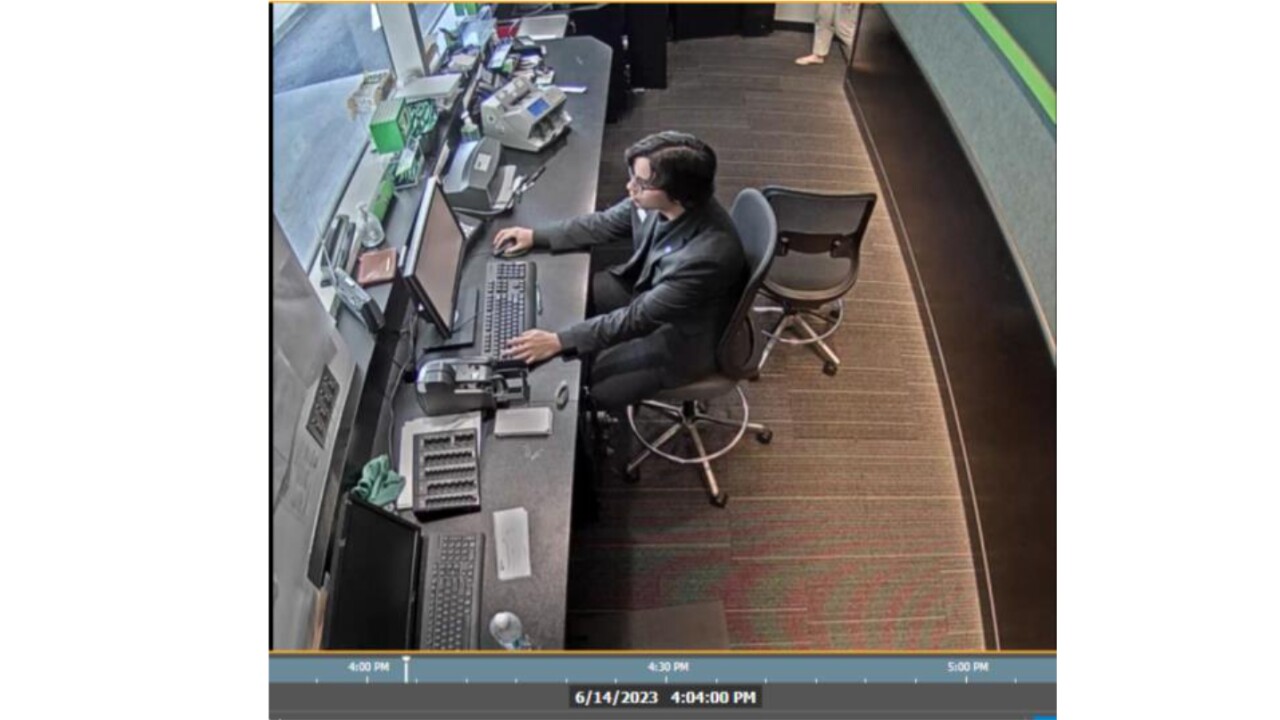A fintech company has launched a secured credit card, the second to do so in two months.
Upgrade, which offers checking and savings accounts, credit and loans through its bank partners, announced on Wednesday the launch of Secured OneCard, a secured version of its Upgrade OneCard. OneCard is a hybrid debit/credit card with "pay now" or "pay later" options the company
Renaud Laplanche, co-founder and CEO of Upgrade, says three things set his company's secured card apart from other options.
The fintech startup Renaud Laplanche launched seven years ago now works with 200 banks and offers personal loans and a combination debit and credit card. Up next: a secured card that gradually turns into a regular credit card.
One is the ability to earn cash back of 1.5% to 3% depending on the type of purchase and whether users have met certain conditions. Another is the 5.07% yield users earn on the funds they keep in their Upgrade savings account that secure their credit line. A third is a "graduation" mechanism where Upgrade will examine its customers' card usage, credit history and other factors to determine a good time to elevate them to the unsecured version, starting at the three-month mark. Users will keep the same card and will not have to change card numbers.
"We feel that we are giving users good value with high cash back and high APY on savings, but setting them up well for the future with the ability to build credit and have a pretty smooth transition to unsecured credit once they've earned it," said Laplanche in an interview.
There are no annual or late fees; the interest rate is a fixed 19.99%. Users must start with a minimum balance of $200.
Like NerdUp, the card was not designed to be profitable in its early days. The hope is that people will remain enmeshed with the brand and its products after using the card. It is intended for people with low or no credit, including young cardholders and recent immigrants.
"It's not a product that is designed to make money," said Laplanche. "It's a way to help consumers build their credit." Another card in Upgrade's portfolio, Upgrade Select, is also considered entry-level, with unsecured credit lines maxing out at $2,000.
The Upgrade OneCard was issued by the $2 billion-asset Sutton Bank in Attica, Ohio until recently; the name of the new sponsor bank has not yet been disclosed.
Some of these features differentiate the secured OneCard, said Tony DeSanctis, a senior director at Cornerstone Advisors, including the cash-back rewards and the graduation strategy. But as with NerdUp's cash rewards, "it does impact the economics pretty significantly," he said.
"My guess is that since most folks looking for secured cards are not likely to move their deposit relationship to a new provider like this just to get rewards, the deposit-gathering side of this will not be as successful on the secured side as it is for the regular card," DeSanctis said.
There are a range of credit-building mechanisms offered by fintechs and financial services companies, from having users
Although the success of Chime's credit builder card suggests other fintechs can enjoy the same success, "I am not sure [the Upgrade and NerdWallet products] will make a dent," said DeSanctis.







